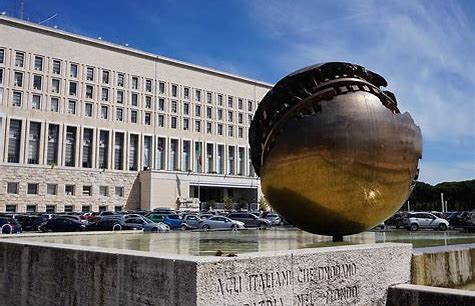International cooperation: 2019 budget law

Detailed Note from the LINK 2007 network, sent on 28 August 2018 to Deputy Minister Emanuela C. Del Re in view of her meeting with the network’s Presidential Council on 10 September.
The progression of Italy’s ODA (public development aid) has been constant, going from 0.19% of GDP in 2014, to 0.22 in 2015, 0.27 in 2016, up to exceeding 0.29% in 2017. An allocation of at least 0.30% of GDP should be the minimum target in 2019, under penalty of Italy’s credibility and international weight. However, LINK 2007 has been proposing for some time to accelerate the achievement of 0.50% of GDP (EU average) by 2026, to give the concrete signal of considering development cooperation no longer just as an international obligation but as an investment for the future of political and economic relations of our country and to address the issue of migratory movements and their governance in an overall and integrated way.
The note then takes into consideration some priorities that concern the three institutional entities defined in Law 125: Aics , the Italian Agency for Development Cooperation, the DGCS , the Directorate General of the Maeci, the CDP , Cassa Depositi e Prestiti, an “institution funding for international development cooperation”. LINK 2007 highlights that in the count of the Italian ODA the item ” refugees in the donor country”
weighs significantly” managed by the Ministry of the Interior. Indeed, the OECD-DAC allows certain costs incurred for those seeking protection to be accounted for as Aps. In Italy, this calculation increased by 63.4% in 2016, reaching 1.570 billion, 32.7% of the total, decreasing slightly in 2017 (31.4%) with the reduction of migrant arrivals. The sharp decrease in arrivals could lead to a significant reduction in this component, bringing the Italian ODA back to 2015 levels .
On the other hand, the Minister of the Interior has expressed his intention to allocate “at least 1 billion” for the development of African countries, “starting from Tunisia, Morocco and Algeria”. This could be the amount ‘saved’ for the reception of protection seekers. That the Minister of the Interior defines and decides on international development cooperation interventions poses serious problems of coherencewith the goals of development cooperation and with the principles shared within the EU and international organizations. These are problems that it would be good to address before defining the 2019 Stability Law and the three-year planning, recalling that the political responsibility for international cooperation and its unity is under Law 125/2014 “attributed to the Minister of Foreign Affairs and International Cooperation, who it establishes the guidelines and ensures the unity and coordination of all national cooperation initiatives”.
